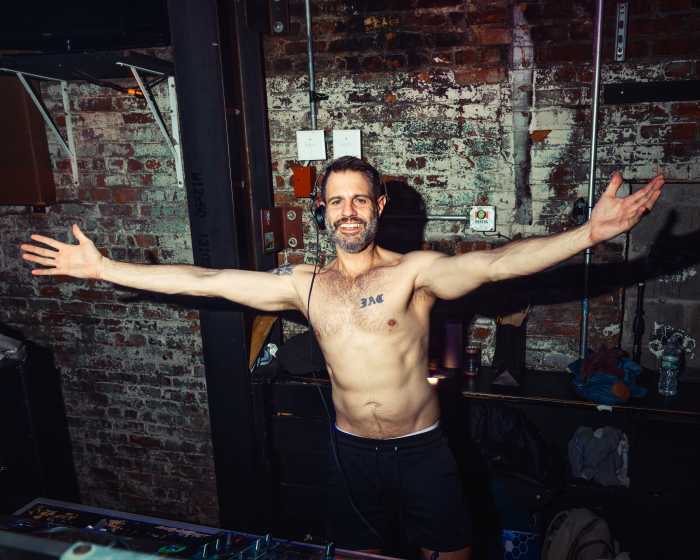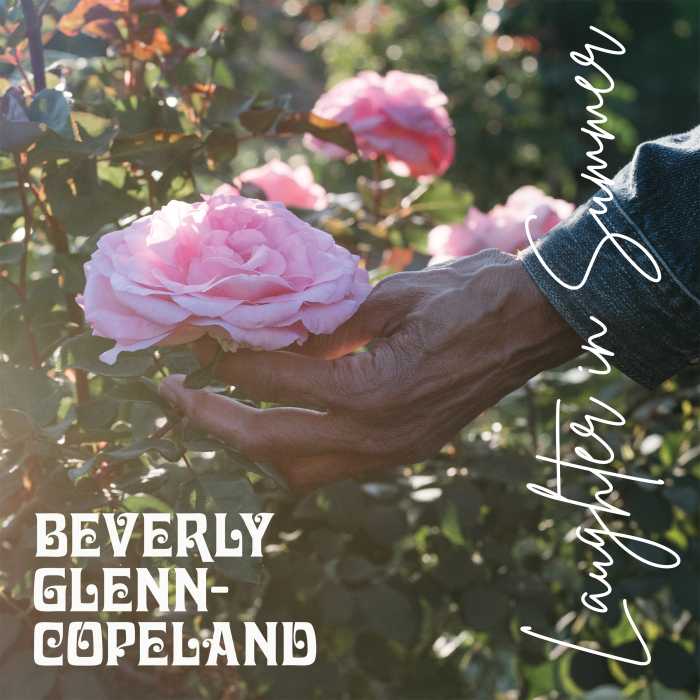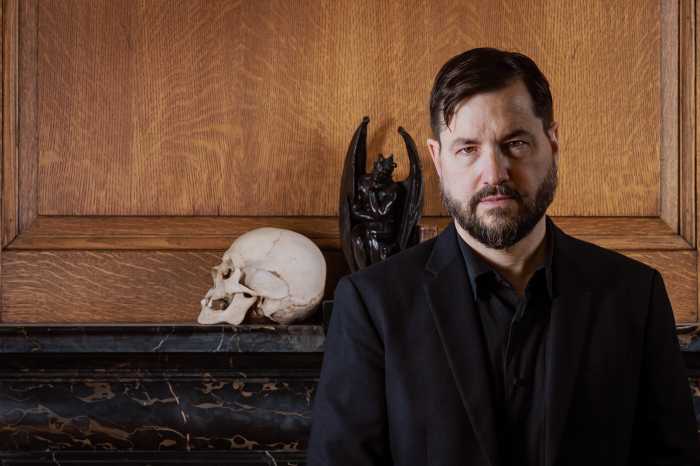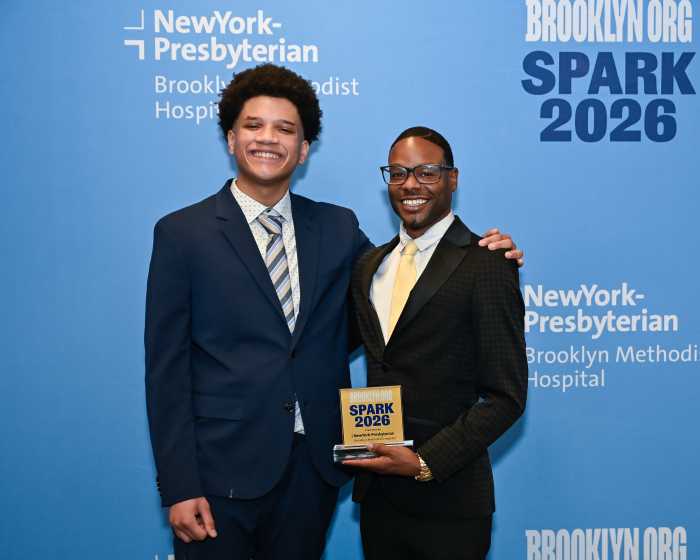This month, Gay City News takes a look at the latest album by non-binary, gay pop star Sam Smith and queer singer Kelela’s first album since 2017.
Kelela | “Raven” | Warp | Feb. 10th
From the cover image of her face nearly swallowed up by water, Kelela’s latest album takes us to the sea. While it begins with her singing over gently warped waves of synthesizers, “Raven” is not a pleasant afternoon, but something enveloping and primal, where songs flow into the next one like a DJ set. It finds a new common ground for quiet storm R&B and ambient music. Celebrating the nightclub as a temporary oasis for marginalized people has become a very familiar idea, but “Contact” still finds cosmic significance in it: “I might be floating in outer space.”
“Raven” confronts a central dilemma of contemporary music. The vibes-over-hooks approach of so much recent pop hints at emotional repression, even depression. The textures of “Raven” feature ghostly electronics, even when the songs feature dance beats. Even so, its feelings are never tamped down. Singing in a breathy soprano, Kelela uses subdued sounds to let out something quite powerful. The music holds back to make room for her. One of the album’s most heartfelt songs, “Holier,” contrasts her vocals with production that nearly fades into a background hum. Often, the melody comes entirely from her voice, but elements of dance music keep it from floating away.
The album isn’t all mellow. “Happy Ending,” “Contact” and “Missed Call” race to the dance floor, while the title track celebrates her return with a crunching beat drop after three minutes of buzzing synthesizers and piano. The closest peer of “Raven” is Solange’s 2019 “When I Get Home,” which called attention to the Black roots of ambient music, but Kelela’s songs are more fleshed out. Six years in the works, “Raven” shows the care that went into it: every note feels deeply considered.
Sam Smith | “Gloria” | Capitol
How far can queer artists go in expressing themselves while holding the attention of a huge audience? This anxiety pulses through Sam Smith’s latest album “Gloria,” never resolved in a way that leads anywhere productive. Despite promises of living up to the liberation they’ve experienced since coming out as non-binary in 2019, Smith takes more chances with their mode of dress than their sound. They made history last year when their single “Unholy,” a duet with trans singer Kim Petras, hit number one. It was the first time such a pairing had even come close to a major hit.
“Gloria” is excruciatingly self-conscious about the position Smith is now in, where their Grammy performance of “Unholy” was denounced by Ted Cruz and even their appearance in a corset for the music video “I’m Not Here to Make Friends” angered some fans who expected the singer to be thinner. When their 2014 debut album took off, they became one of the biggest out queer pop singers in the world. “Love Me More” addresses the homophobia and transphobia that came their way. But this album’s interludes, which sample news coverage of New York’s first Pride parade, are more eloquent than its lyrics, which tend towards banal generalizations without much personal detail. “Who We Love” brings Ed Sheeran in to harmonize about the universality of love, across sexual orientations and genders, but Smith’s line about finally being able to hold hands with their lover in public hits infinitely harder than the chorus “we love who we love,” which could be a slogan on a bank’s Pride float.
Smith has long been known for their ballads. Although their first hit was their guest appearance on house music duo Disclosure’s 2012 “Latch,” “Gloria” is best when it moves into more upbeat, danceable fare. “Unholy” clangs along to an appealing hyperpop-influenced beat, while Smith’s venture into house music on “Lose You” is the album’s most enjoyable song. Elsewhere, “How to Cry,” “Love Me More,” and “I’m Not Here to Make Friends” offer watered-down versions of indie folk, R&B, and disco.
Even “Unholy” show the limits of Smith’s current position. Instead of singing about their experiences, Smith and Petras tell the story of a heterosexual man cheating on his wife at a strip club. While it aims for raunch, the sound is too clean. Strangely, even the album version edits out profanity. (Similarly, “I’m Not Here to Make Friends” is as clean as a song about hook-ups can get.) It’s too polite to be a provocation; to pick a pop star working with similar imagery, Lil Nas X is much wittier and more personal. Smith’s four-octave vocal range can change direction in a single note, possessing an inherent queerness, but expressing that musically still remains outside their comfort range.




































